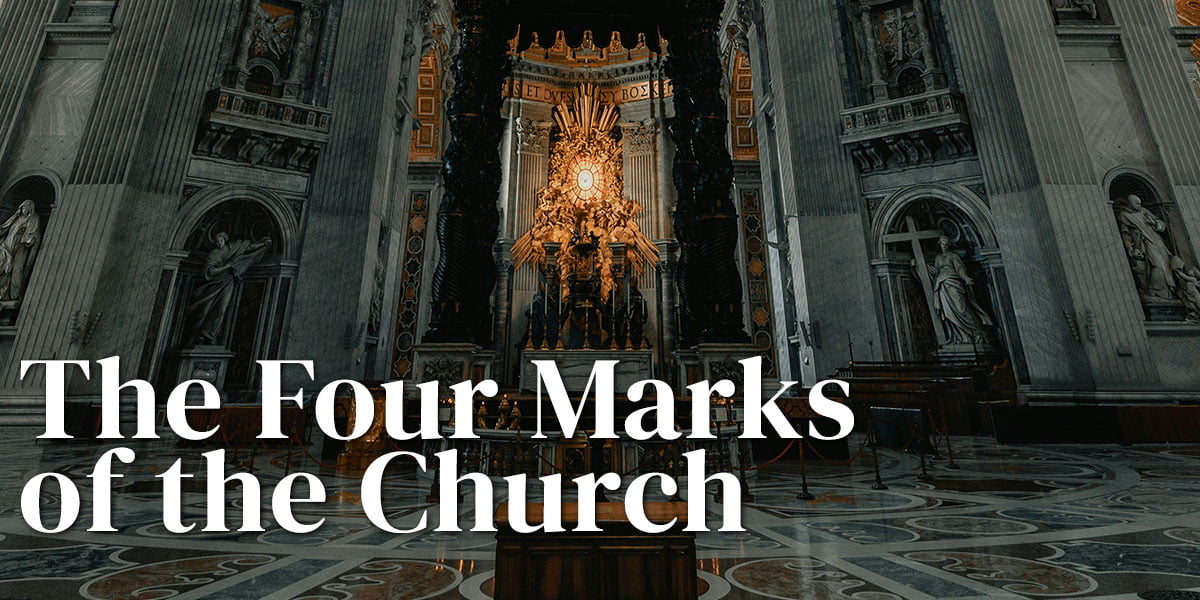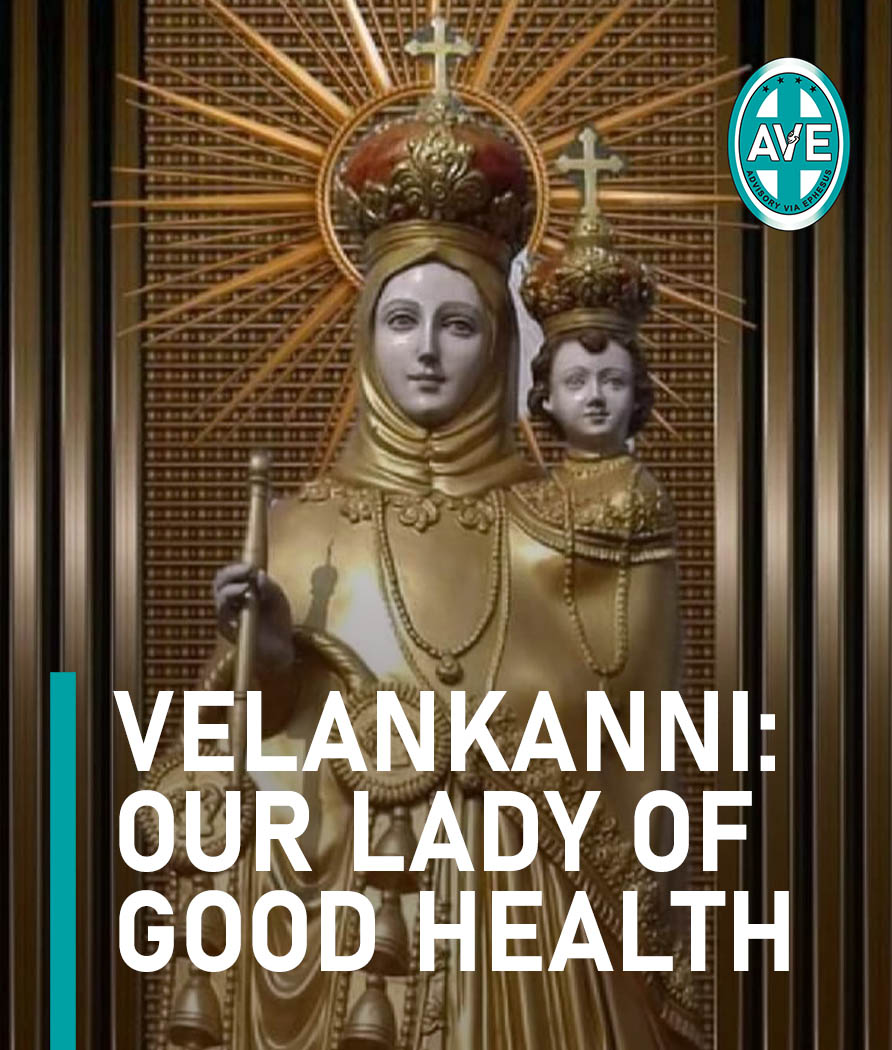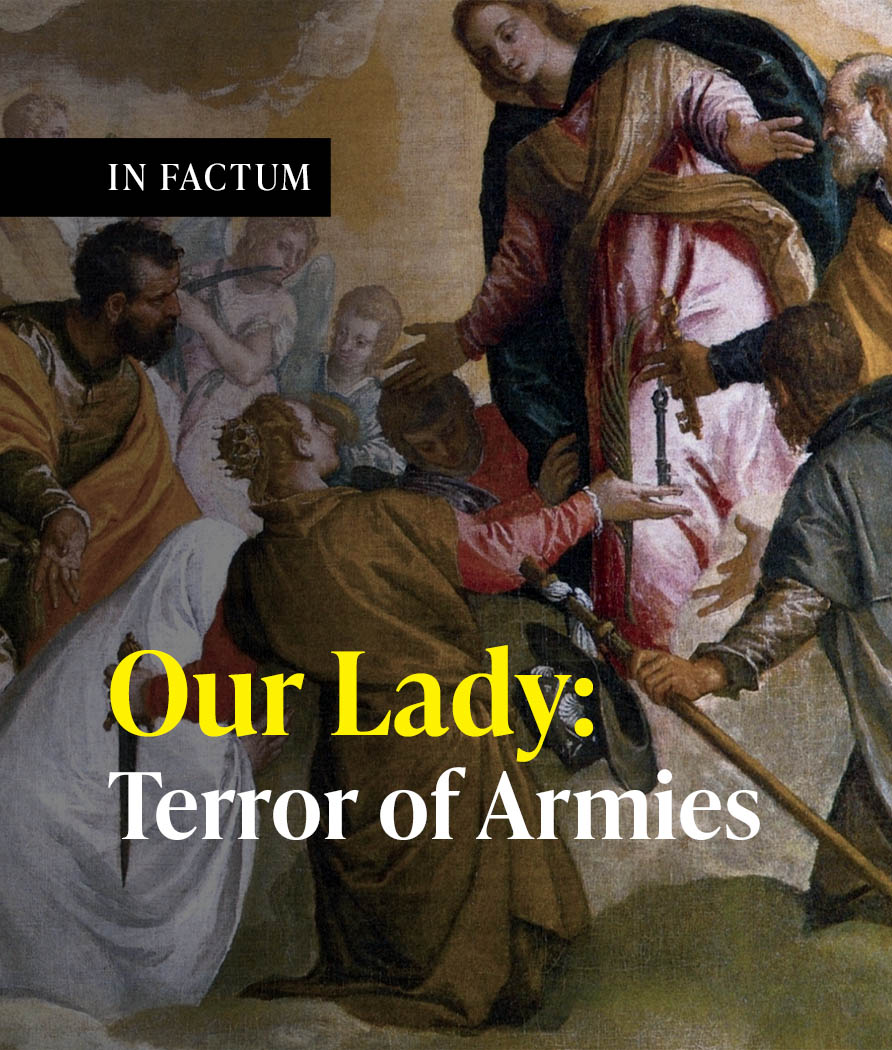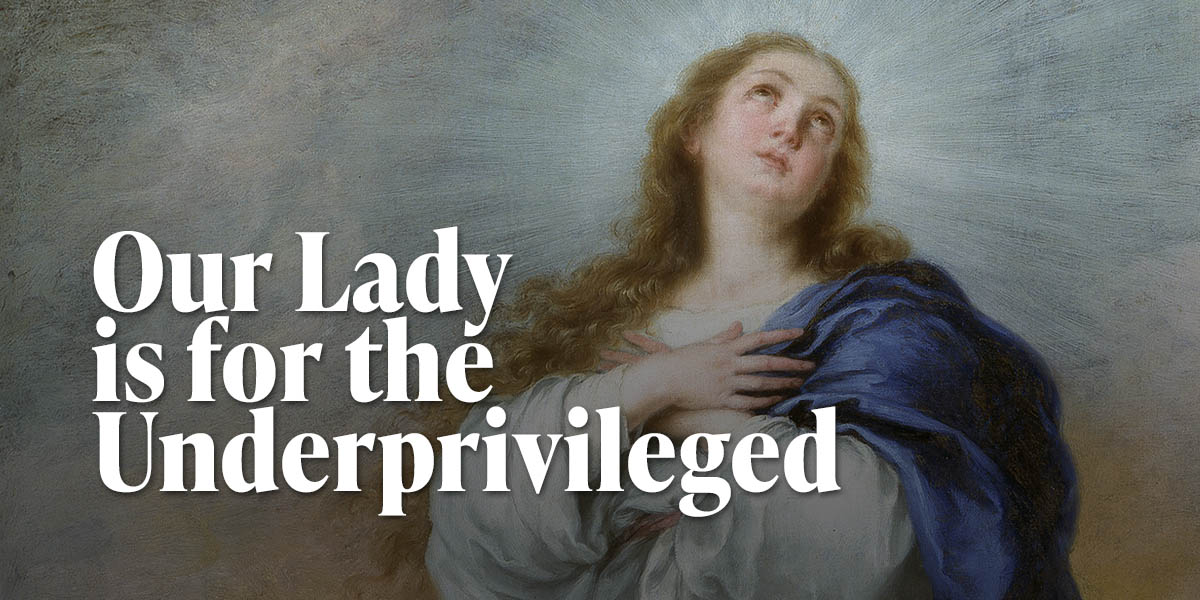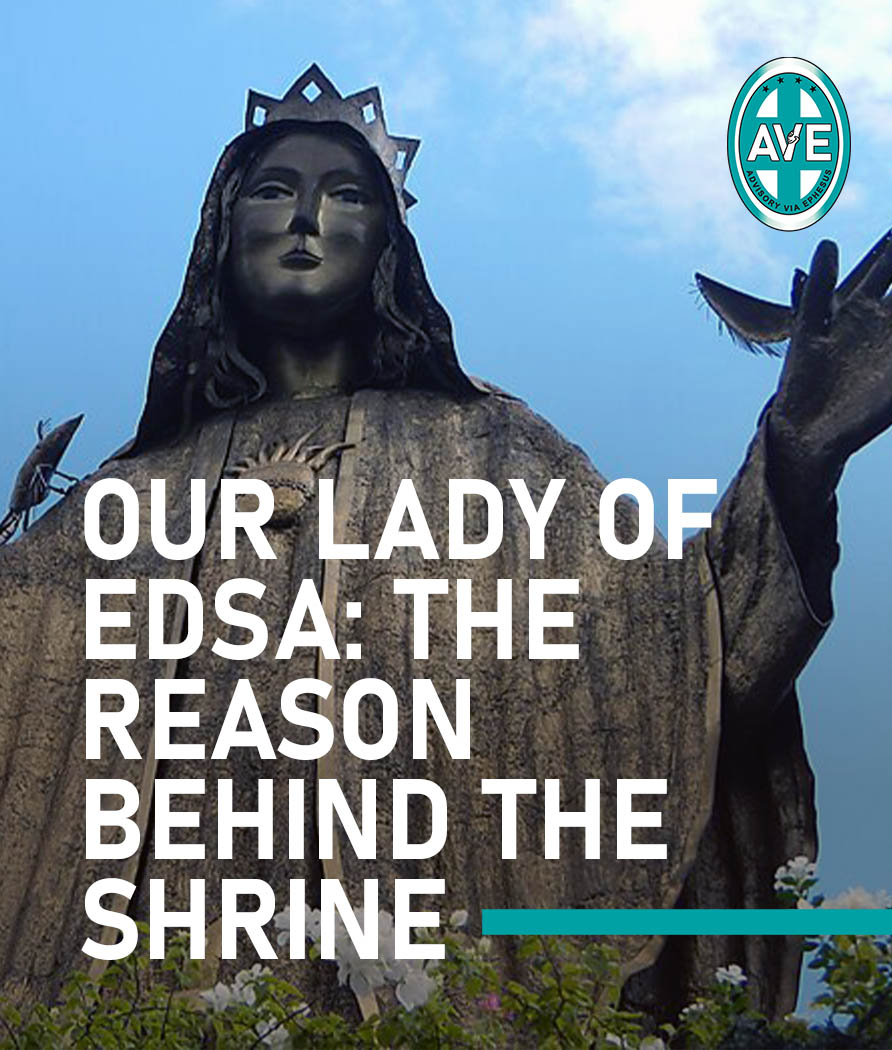Altar servers are one of the most important roles in the Holy Mass because they assist the priest. Following Vatican II, some churches have dispensed with the use of altar servers and substituted them with lay ministers. The Altar Servers or altar boys always have a role in the Holy Mass in the previous centuries and one of the known altar servers in third century is Saint Tarcisius (he is also known as a deacon), the patron saint of the altar servers. But why do some churches, orders, or societies keep using Altar Servers, like those who celebrate the Traditional Latin Mass? Let’s answer some questions about them.





